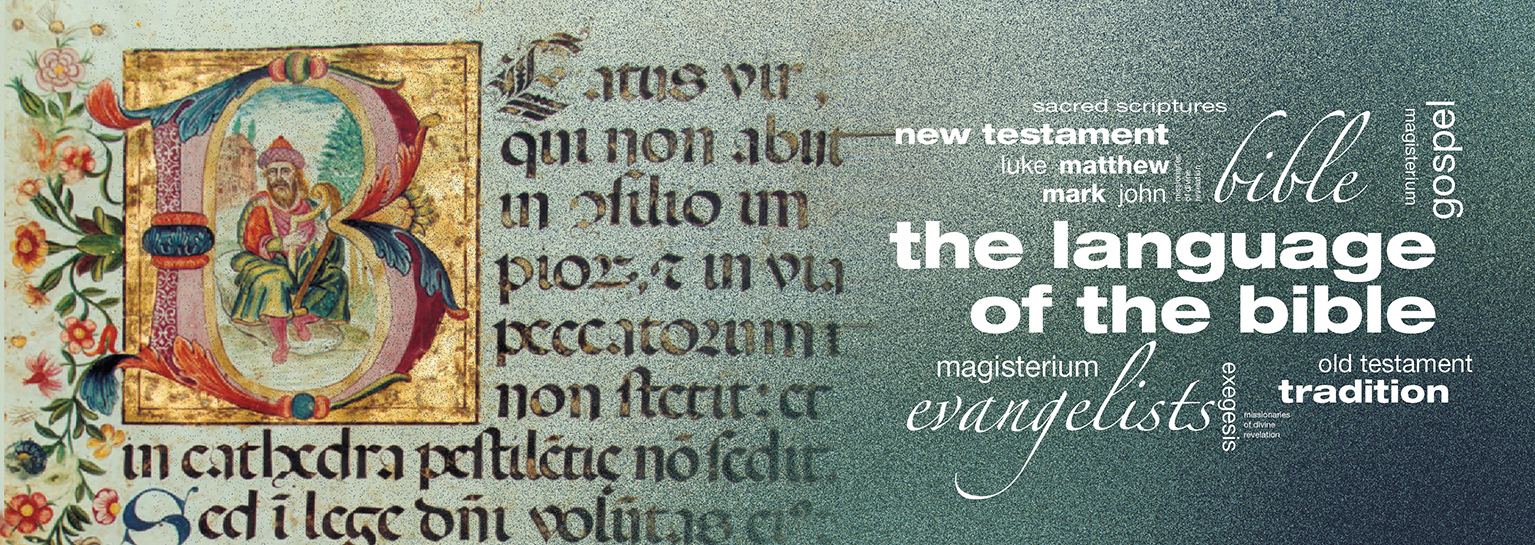 Chapter 6 of St Mark’s Gospel opens with Jesus rejection by His fellow citizens from Nazareth. Following this rejection ,Jesus left His village but didn’t abandon His mission to announce the Kingdom of God but rather intensified it by enlisting the help of His disciples: “He summoned the Twelve and began to send them out two by two”(Mk 6.7). In that way Jesus was preparing them to become His witnesses and to continue His work of Salvation.
Chapter 6 of St Mark’s Gospel opens with Jesus rejection by His fellow citizens from Nazareth. Following this rejection ,Jesus left His village but didn’t abandon His mission to announce the Kingdom of God but rather intensified it by enlisting the help of His disciples: “He summoned the Twelve and began to send them out two by two”(Mk 6.7). In that way Jesus was preparing them to become His witnesses and to continue His work of Salvation.
In verses 30-33 of this chapter, Mark reports the return of the disciples from their mission and their account of “all they had done and taught”(Mk 6.30). Jesus is pleased with His Apostles work and, understanding their tiredness, invites them to go “to a deserted place and rest a while” (Mk 6.31).
Jesus was conscious of the efforts that their mission entailed and knew that it was important to recover their strength. In fact, as the event following the Sabbath in Capernaum shows (Mk 1:35), Jesus also sometimes went to a deserted place to rest and to recover His strength through His deep prayer to God the Father.
Jesus’ rest is never simply a rest, but a moment that He uses to teach the disciples of the more profound significance of the Kingdom of God. Even whilst Jesus rested He was always helpful and sensitive the needs of others. In fact, when Jesus was going by boat to a solitary place, the crowd saw Him and went ahead of Him, awaiting His arrival on the shore. Jesus felt compassionate towards the crowd and didn’t avoid them but went to meet them and to teach them many things.
Jesus gives an example to all Christians, especially for those who have received the personal vocation to be missionaries in the world. Pope Benedict XVI, in the homily to priests during the Chrismal Mass, said that those who have been chosen by God to dedicate all his/her life to Him and to the others, no longer belong to themselves. At the same time, on the 10 June 2010, the Holy Father stressed the importance of the rest in the pastoral life during the international meeting of priests at the end of the Year for Priests.
In fact, it is necessary to recognise our limits and the fact that we can’t do everything alone, with humility. We have to allow ourselves to be helped, resting at the right times. “Even this is a pastoral work: to find and to have the humble courage to rest”. However, our rest must be lived in accordance with the Christian life. A Christian is a Christian 24 -7 and therefore we must rest without forgetting the presence of God. Jesus gave His disciples the same example by inviting them to rest. He underlined the fact that it is important to rest whilst still responding to the needs of His people! We pray that each one of us may also live in the same way.
